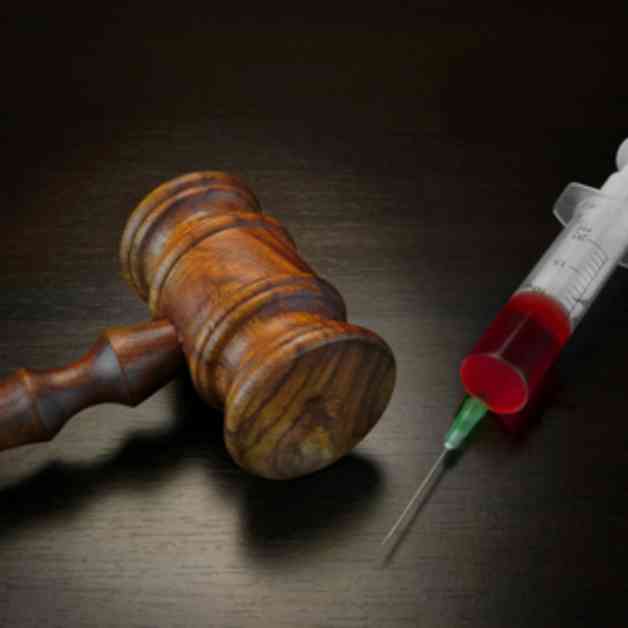South Carolina Attorney Decides on Lethal Injection for Inmate Amid Religious Dilemma
In a controversial legal update, a South Carolina lawyer has made the decision to proceed with lethal injection as the execution method for her client, Freddie Owens, who was facing a difficult decision due to religious beliefs. Attorney Emily Paavola, based in Columbia, South Carolina, took the weight of this decision upon herself after Owens expressed hesitance to make a choice that he considered to be against his Muslim faith. The case has sparked debates surrounding the ethical considerations of the death penalty and the rights of individuals to practice their religious beliefs in such circumstances.
Religious Qualms and Legal Decisions
Freddie Owens, who is facing execution for the 1997 shooting death of a store clerk, found himself in a moral dilemma when it came to choosing the method of his execution. As a practicing Muslim, Owens viewed the act of choosing his own method of death as akin to suicide, which is considered a grave sin in his faith. This conflict left Owens in a difficult position, prompting his lawyer, Emily Paavola, to step in and make the decision on his behalf.
Paavola, in a statement to the press, explained that she had carefully considered all available information and made the best choice she could for her client given the circumstances. The decision to opt for lethal injection was made with the intention of respecting Owens’ religious beliefs while also adhering to legal protocols surrounding his execution. Paavola’s actions have raised questions about the role of attorneys in such situations and the ethical considerations involved in carrying out the death penalty.
Execution Methods and Legal Framework
In South Carolina, the default method of execution is the electric chair, a practice that has been met with controversy and criticism over the years. Alternatives such as lethal injection and firing squad have also been offered as options, each presenting their own set of ethical and practical considerations. The decision to use lethal injection in Owens’ case raises questions about the humaneness of this method and the implications for individuals facing the death penalty.
The use of lethal injection as a means of carrying out executions has come under scrutiny in recent years, with concerns raised about the potential for pain and suffering experienced by inmates during the process. South Carolina’s shift from a three-drug combination to a single drug, pentobarbital, was motivated by concerns over the availability and reliability of the previous method. However, questions remain about the efficacy and humaneness of the current approach, particularly in cases where individuals have religious objections to the process.
Legal Challenges and Ethical Considerations
The South Carolina Supreme Court’s recent ruling on the matter has added another layer of complexity to the situation, with prison officials asserting that they have provided sufficient information regarding the execution process. This decision has been met with skepticism from critics who argue that more transparency and oversight are needed to ensure that executions are carried out in a humane and ethical manner. The debate over the use of the death penalty and the methods employed in its execution continues to be a contentious issue in legal and ethical circles.
Moving Forward: Reflections on the Decision
As Freddie Owens’ scheduled execution date approaches, the legal and ethical implications of this case remain at the forefront of public discourse. The decision to proceed with lethal injection in light of Owens’ religious objections raises important questions about the intersection of law, religion, and morality in the context of the death penalty. Attorney Emily Paavola’s role in making this decision has sparked debates about the responsibilities of legal representatives and the challenges they face in navigating complex moral dilemmas.
In conclusion, the case of Freddie Owens highlights the complexities and controversies surrounding the use of the death penalty in modern society. The decision to proceed with lethal injection as the method of execution has reignited debates about the ethics of capital punishment and the rights of individuals to practice their religious beliefs in the face of state-sanctioned punishment. As the legal system grapples with these issues, it is essential to consider the human cost of such decisions and strive for a more just and compassionate approach to addressing criminal justice issues.








